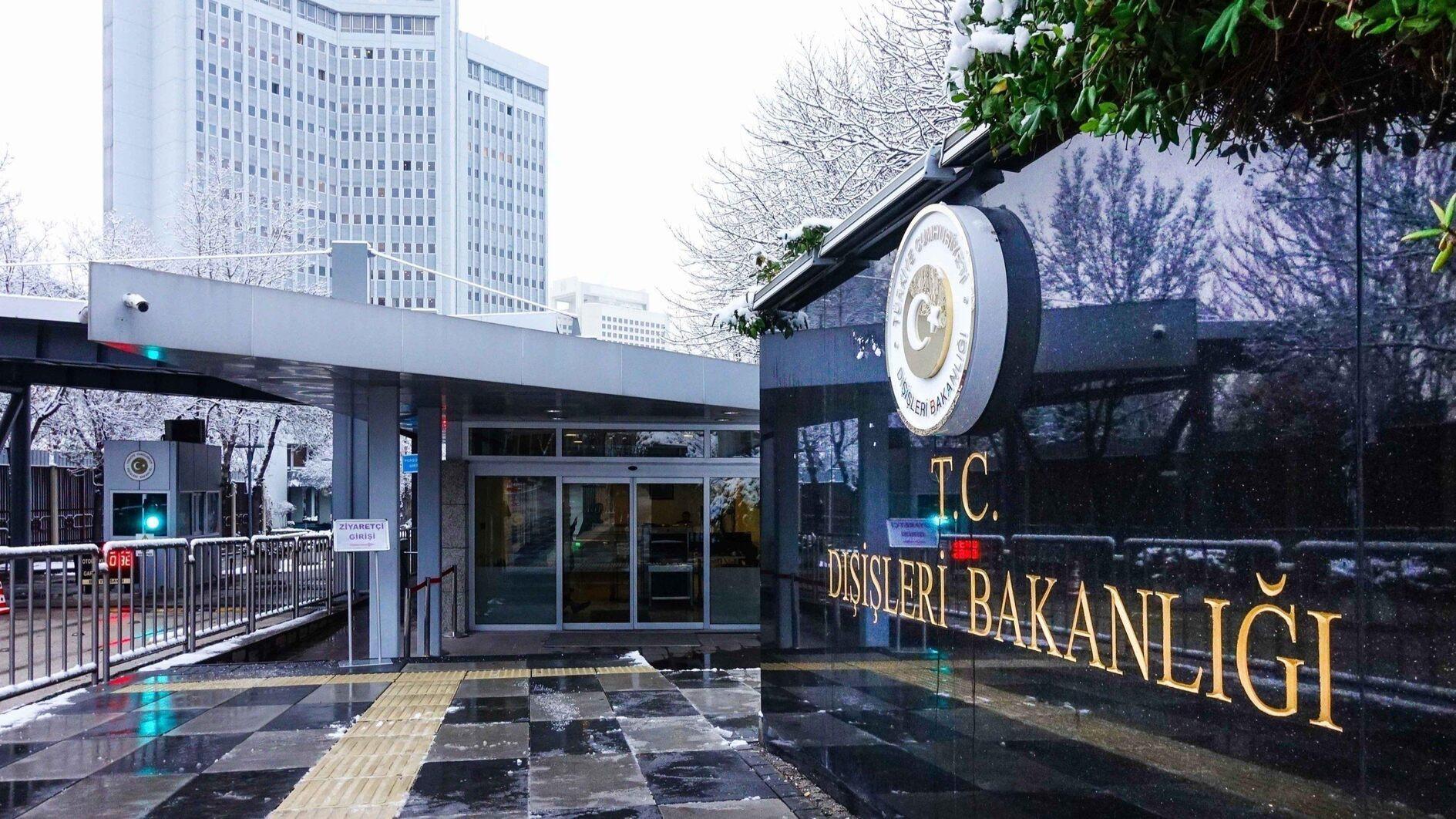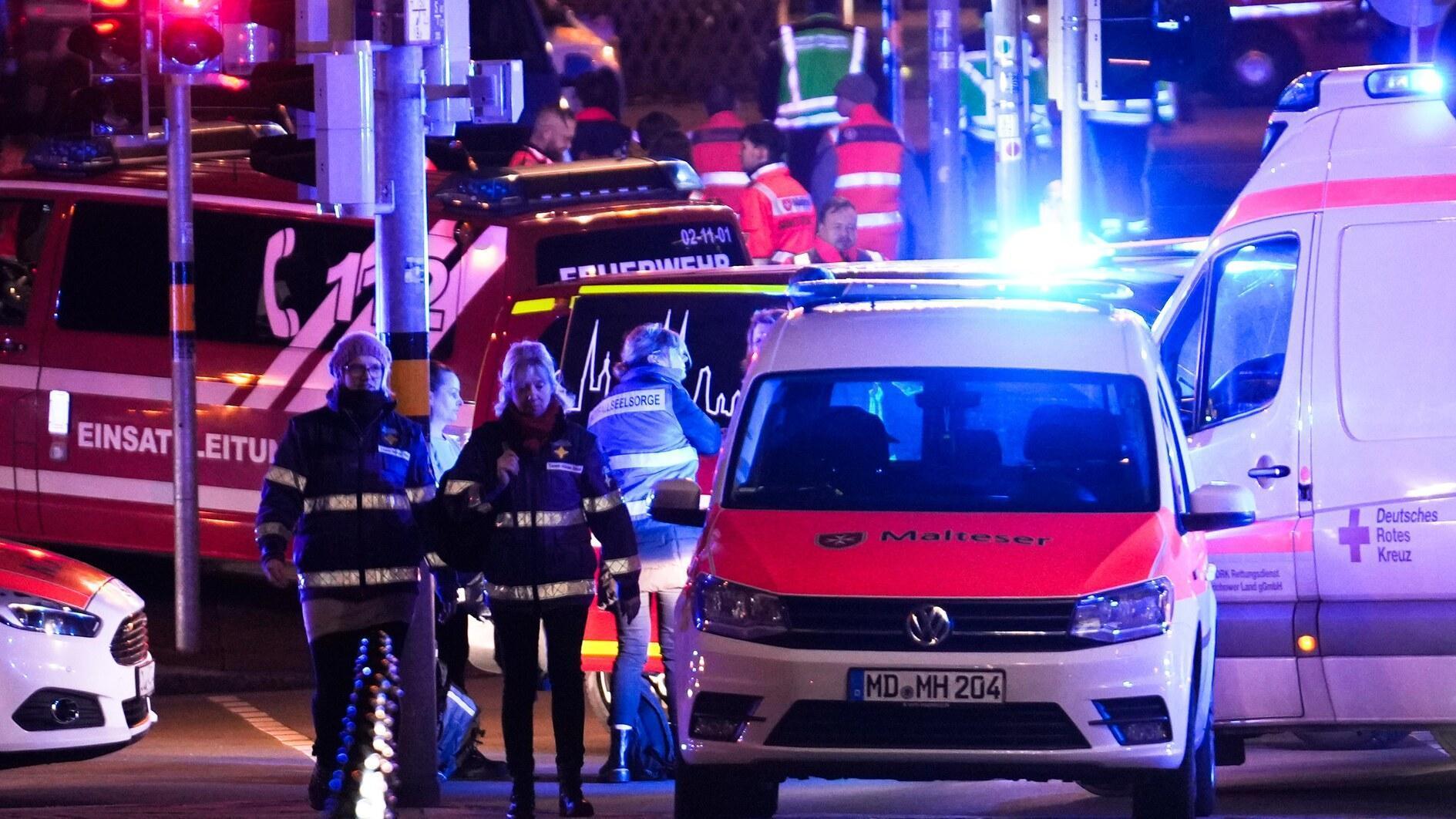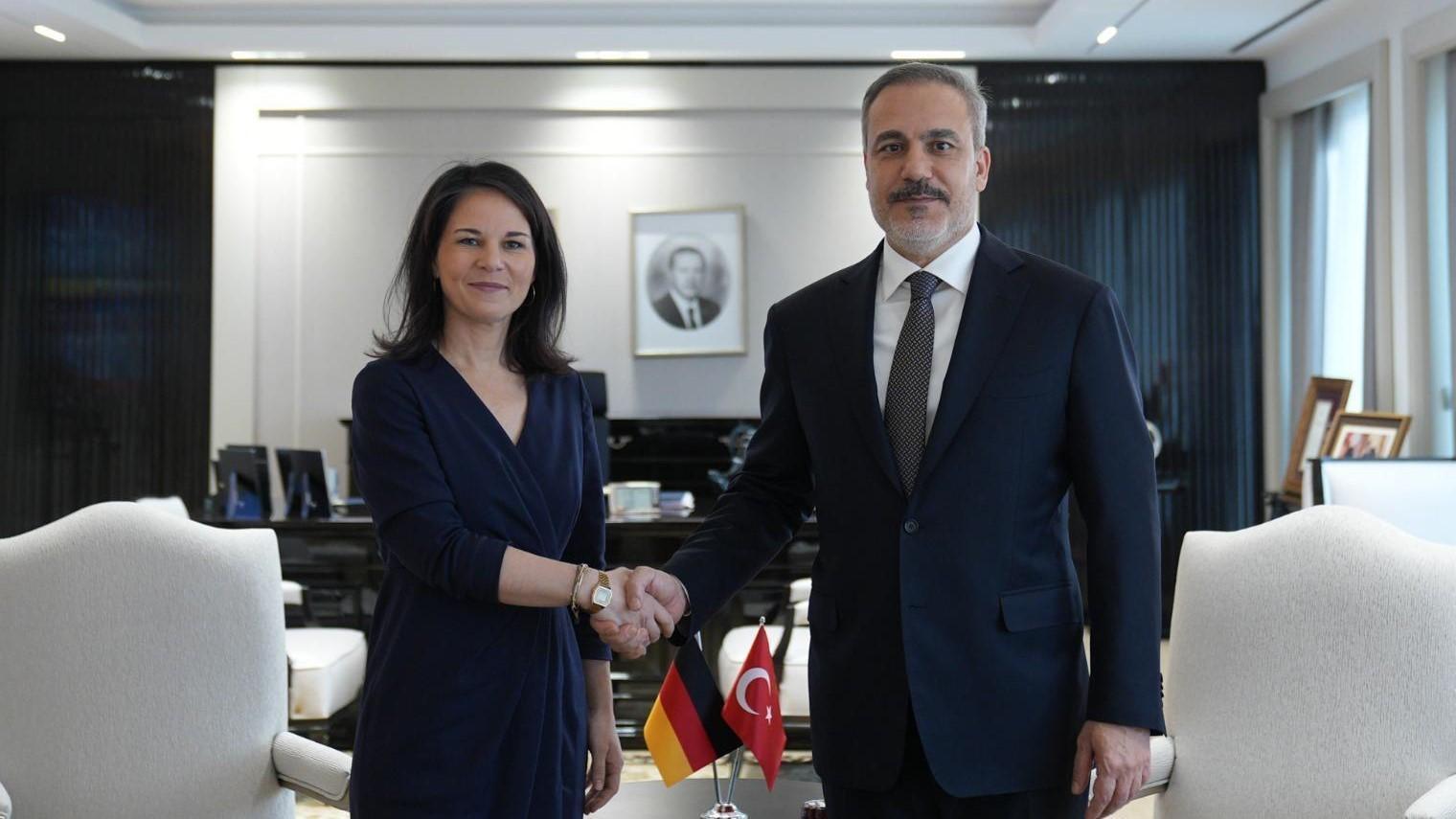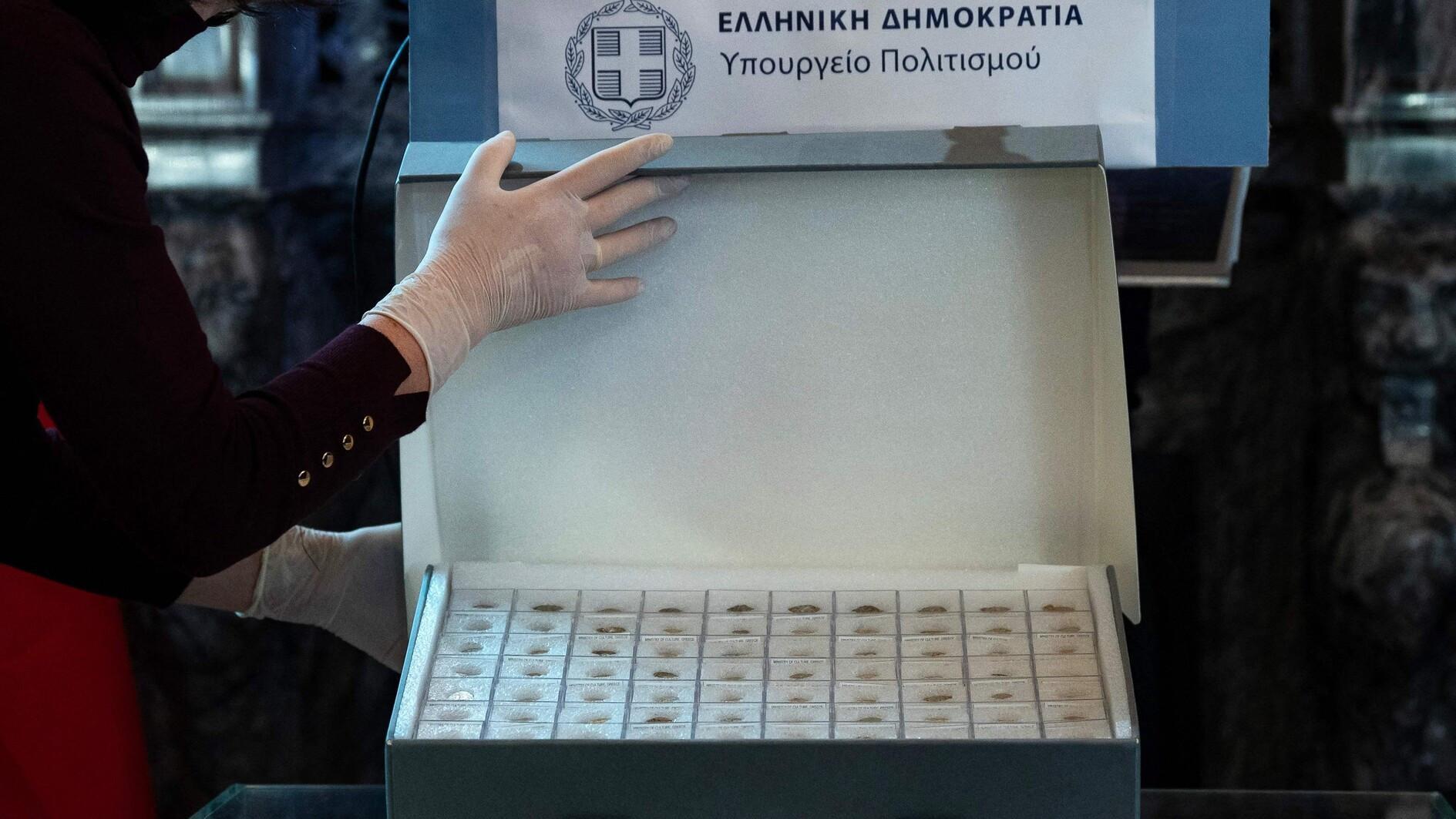Turkey, US in bid to revive train-and-equip program in Syria
Emine Kart - ANKARA
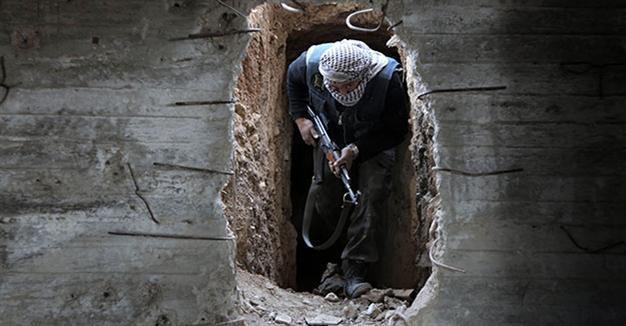
A Syrian rebel fighter from the Islamist Failaq al-Rahman brigade comes out of a hiding position on the frontline against regime forces in the town of Arbin in the eastern Ghouta region on the outskirts of the capital Damascus on February 26, 2016 - AFP photo
In the wake of Turkish President Recep Tayyip Erdoğan’s meeting with his U.S. counterpart, Barack Obama, during a visit to the U.S. capital late last month, Ankara and Washington have intensified their contacts to revitalize a program for training “moderate” Syrian rebels in favor of ramping up support for established and proven forces.With no concrete consensus having been publicly announced yet, the two capitals appeared to have taken baby steps with a review of the failed $500-million program months after the Pentagon announced in October 2015 that it had abandoned it.
During his visit to Washington to attend the Nuclear Security Summit, Erdoğan met Obama for closed door talks on March 31.
During the visit, Turkish officials handed over “some lists” to the U.S. side in relation with Turkey’s willingness to restart the train-and-equip program for the moderate opposition in Syria, a Turkish official told Hürriyet Daily News on April 14.
“Our contacts and meetings with the U.S. about these kinds of issues, including the train-and-equip program, have been going on. As a matter of fact, we shared with the U.S. some lists in this context within the scope of our president’s Washington visit,” a Foreign Ministry official, speaking under customary condition of anonymity, said.
The official’s explanation came in response to a question about an April 13 report by daily Yeni Şafak, which claimed “the Pentagon asked the Turkish Foreign Ministry [for the] names of 500 Turkmens for [a] planned train and equip program which will involve 2,000 persons at [the] first stage.”
The Turkish official, however, did not comment on the content of the Yeni Şafak report. Likewise, U.S. Embassy officials in Ankara refused to comment on the report.
“Works have been going on in this manner,” the Turkish official briefly said of Ankara’s contacts with Washington over the issue.
During a teleconference from Baghdad, the spokesperson for the U.S.-led coalition against the Islamic State of Iraq and the Levant (ISIL), Col. Steve Warren, spoke about the issue, acknowledging mistakes with the past program.
“A training and equipping program that we are now doing that is based on the lessons that we learned from our ill-fated train-and-equip program of 2015. In that program, in the old 2015 program, we would identify an entire unit, exfiltrate that unit to a training location, train the unit, equip the unit, infiltrate the unit back into the battlefield and have them go fight,” Warren said on April 1.
“And you know, that program didn’t work out the way we wanted it to, so we - we paused it, stopped it, ceased it, didn’t do it anymore. We conducted some assessments, we figured out what went right, what went wrong, how can we do this better. And so now, we are trying again with adjustments. And the adjustment in this case is that it’s a group of individuals,” he said.
On April 13, the Los Angeles Times cited a U.S. official, who was not authorized to speak publicly on the program, as saying that the Pentagon aimed to integrate more Sunni Arabs into the training to satisfy Turkey’s demands and eventually to launch an attack on Raqqa.


